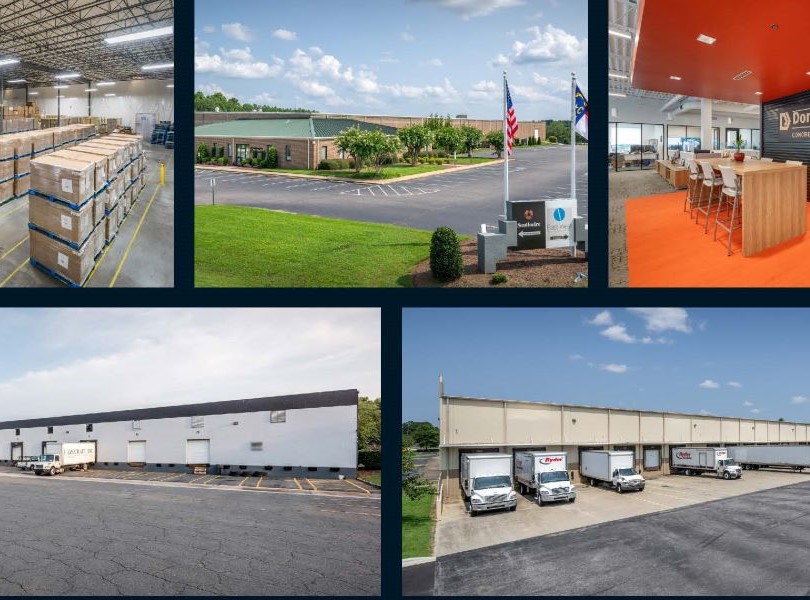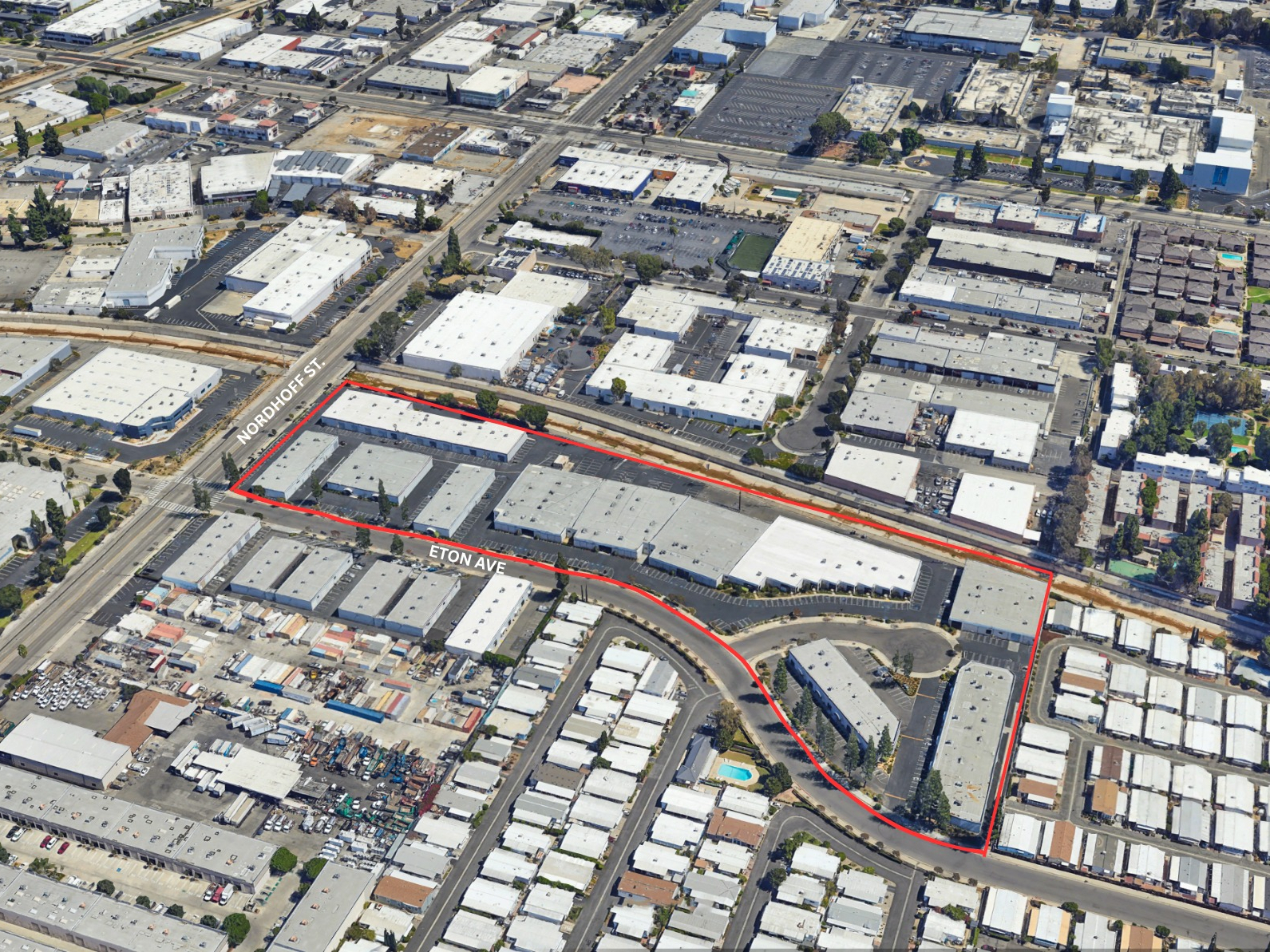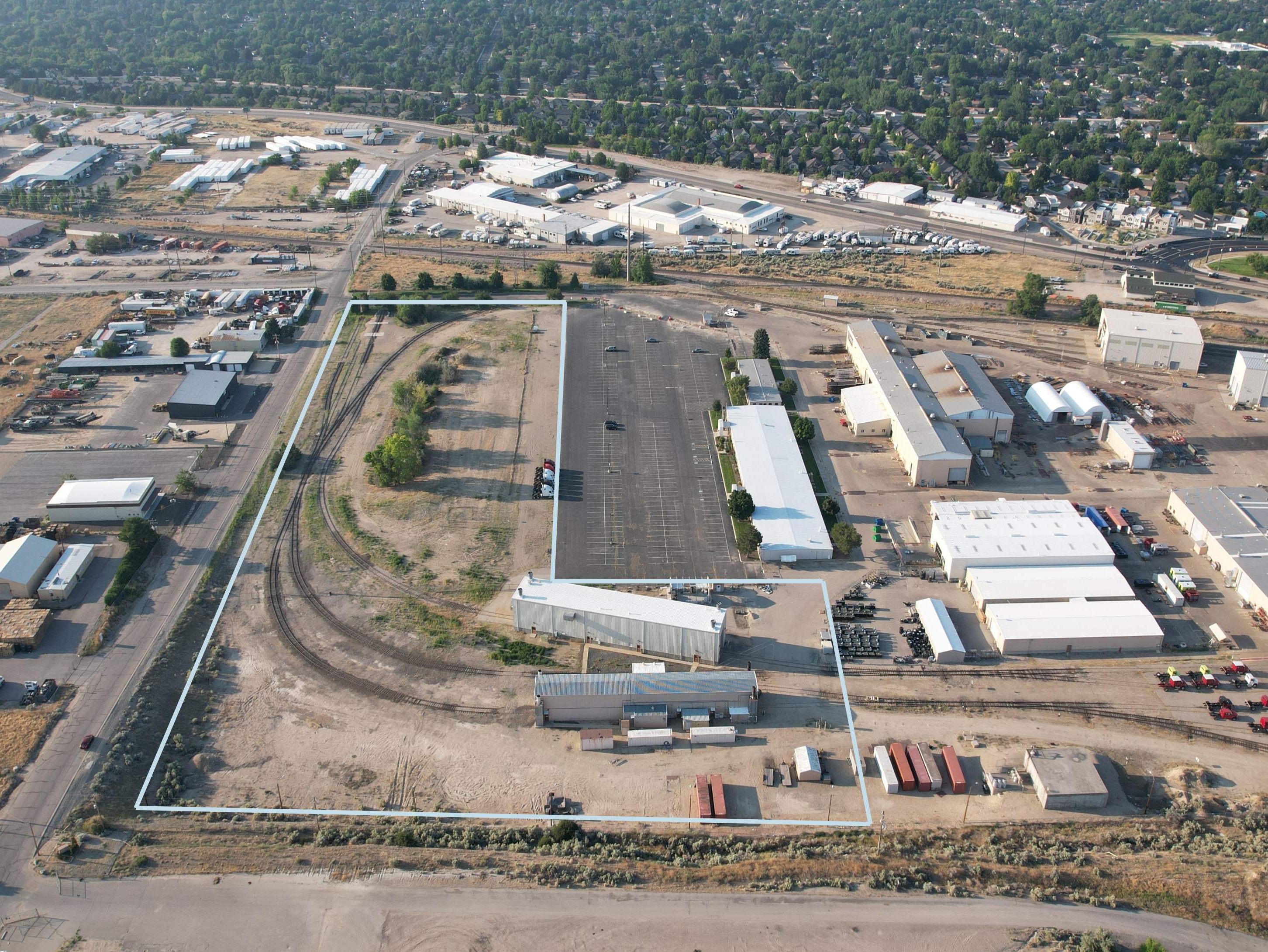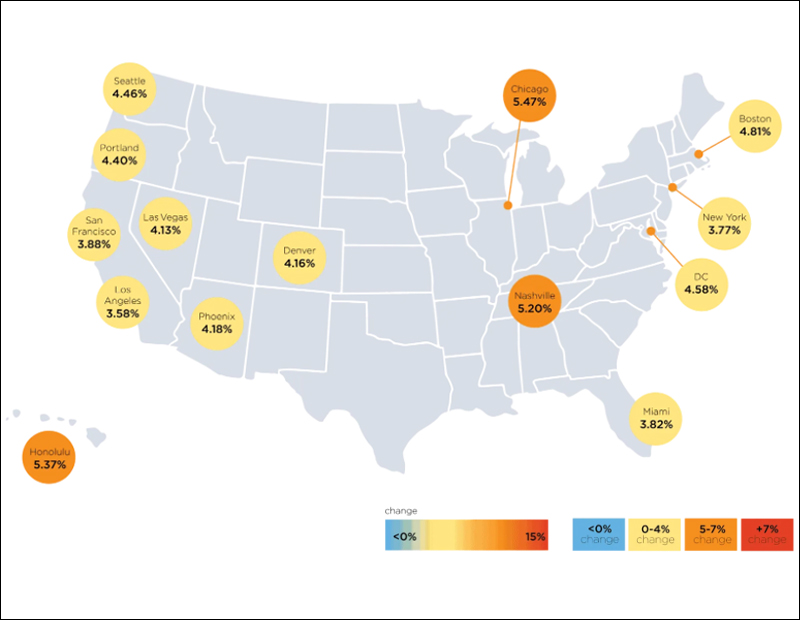CRE Meets the AI Generation
How the emergence of artificial intelligence could change the industry, according to Deloitte’s John D’Angelo.
I’ll admit I wasn’t familiar with the term “generative AI” until relatively recently. But I was aware of several examples of it and I’m guessing you are now, too. Artificial intelligence is much in the zeitgeist today, thanks to the debut of ChatGPT in late 2022. While significant, and perhaps something we’ll look back on and credit with democratizing generative AI, it’s far from the only example.

John D’Angelo
Although much has been said about ChatGPT, I’m especially interested in how generative AI can change the way our industry functions and the work we do. You’re welcome to fight me on this, but it seems clear that generative AI is likely to help, and perhaps disrupt, the commercial real estate industry.
So what is it? Generative AI characterizes a form of AI that creates—or generates—content. That content takes the form of writing, code, images, music, optimized business processes, answers to specific questions, and perhaps even a real estate investment thesis. This is either scary or exciting, depending on how you look at it. The word ‘scary’ is used almost universally by those whom I’ve spoken with about generative AI, who have experimented with it and are familiar with it.
I’m writing about this now because the new generation of the technology has shown how easy it can be to use and how good the results can be. To test it, I asked one of the tools to write an essay about how generative AI will impact commercial real estate. Were I less prideful about my own thoughts and writing, or in a big hurry, I could have taken the results and pasted them here, almost verbatim.
It’s incredibly simple to use, and the results for pretty much anything I asked of it were quite good. The content was credible, the writing flowed well and provided nuance. The results also showed balance, pointing out risks and scenarios where the result involved uncertainty. For instance, I asked, “What’s going to happen with office real estate?”
This may seem more like a parlor trick than useful technology, but please trust me that it’s the latter, rather than the former. What generative AI is doing, no matter the form it takes, is combining a machine learning algorithm, underlying data sets, a stated request and desired output. Although generative AI has existed for decades, what’s changing is the level of sophistication required to use the technology. Recent advances have made the user experience much simpler and more enabled by natural language inputs.
To be sure, the technology is not a panacea. As with all AI, there’s danger of bias in the algorithm or in the underlying data sets. Particularly in early models and applications, pioneers will need to be aware of potential bias and ensure there is appropriate human attention in response.
But imagine being able to simply ask, “What are some modern designs for a multifamily property that match my requirements?” or “What are ways to lay out my office to maximize interaction?” You get the point. There are very real applications for task automation, investor interaction, service requests, risk assessment, big-data analytics and more.
If you’re not familiar with the technology, this is a good time to change that. While there are already examples of it being used in our industry, particularly related to chatbots for occupant or resident service requests, those are being driven by pioneers and early adopters. I suspect this won’t be the case for long.
John D’Angelo is a managing director with Deloitte and is the firm’s real estate solutions leader, designing solutions to address client challenges and push the industry forward. With more than 30 years of experience as a management consultant to the global real estate industry, John has helped some of the industry’s biggest names leverage technology and use data to optimize and transform their operations.








You must be logged in to post a comment.